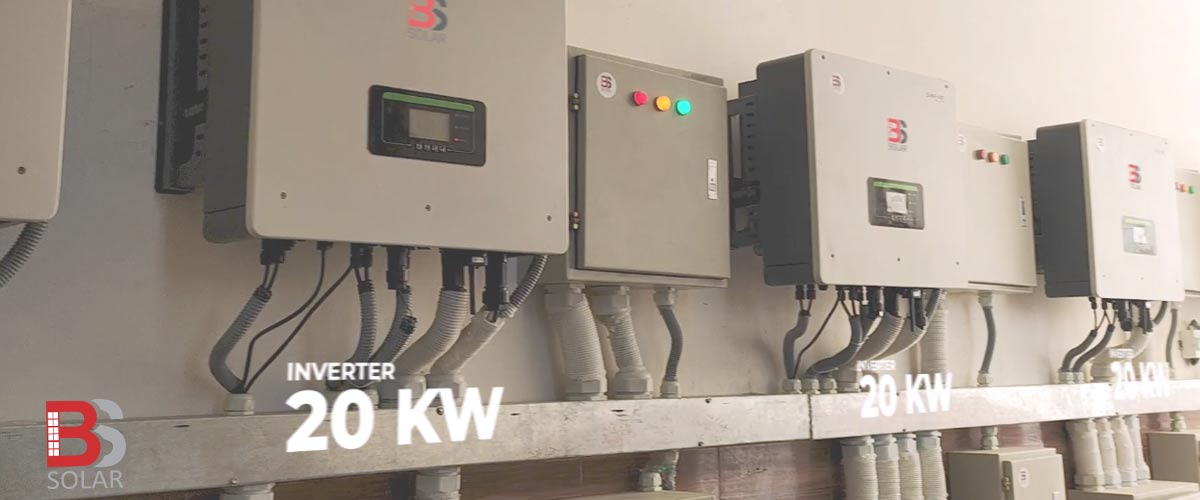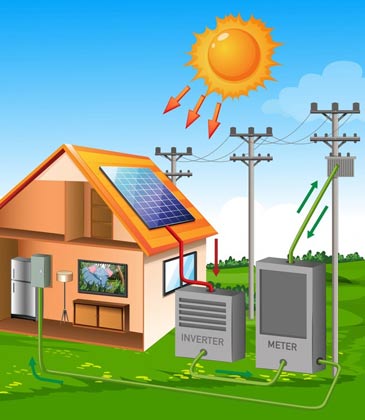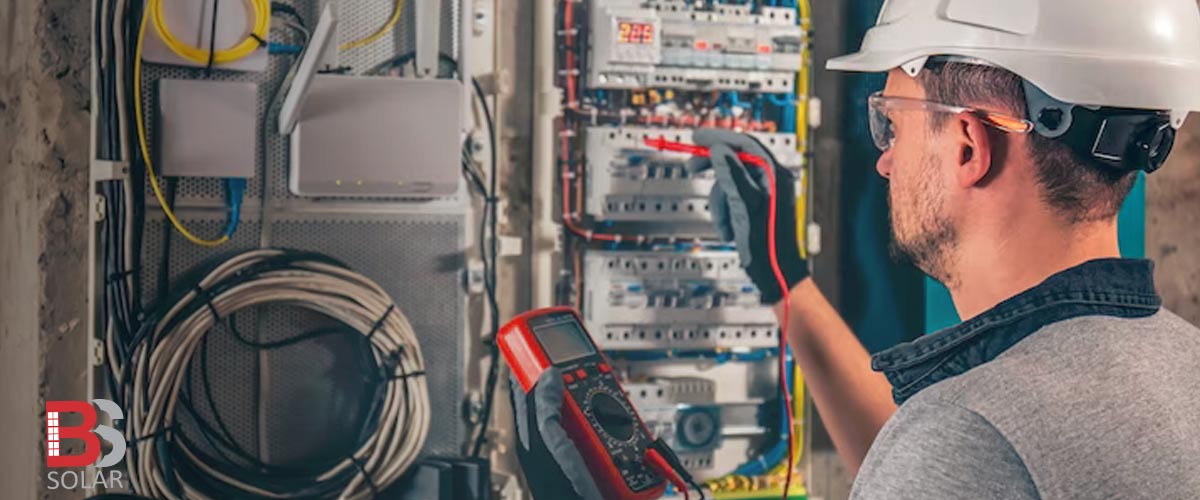
Net-Metering Solution in Pakistan
Net-Metering is a revolutionary mechanism that facilitates the seamless exchange of electricity between the grid and customers generating their own energy through renewable sources, such as solar power. The flow of electricity depends on the consumer’s energy consumption.
If consumption exceeds generation, electricity flows from the grid. Conversely, if consumption is lower than production, the surplus electricity flows back to the grid, creating a lucrative opportunity for independent energy producers.
At its core, a Net-Meter is a device empowering owners of solar energy systems to turn their meters backward. Excess units traded back to the grid become a valuable asset, especially after sunset when solar power plants are inactive. Customers only pay for the excess electricity consumed beyond their own production, turning Net-Metering into a gateway for renewable energy investment and lifelong savings.
What We Offer?
Why Choose Us?
Net-Metering is a mechanism allowing the bidirectional flow of electricity between the grid and consumers generating their own energy through renewable sources, such as solar power. The flow of electricity depends on the consumer’s energy consumption, creating a seamless exchange between the grid and the user’s energy production.
A Net-Meter is a device that allows owners of solar energy systems to spin their meters backward. It enables users to send surplus energy units back to the grid, providing a mechanism for financial savings and reducing future electric bills.
Net-Metering allows users to trade surplus energy units back to the grid, creating a valuable asset. Consumers then pay only for the excess electricity consumed beyond their own production, resulting in financial savings and a pathway to lifelong sustainability.
In accordance with NEPRA regulations, the Net-Metering process usually spans approximately 90 days. Nonetheless, the timeline may fluctuate depending on the availability and verification of prerequisites.

Net-Metering Benefits
It encourages localized generation, reducing strain on distribution systems, preventing power losses in long-distance transmission, and promoting the sustainability of Pakistan’s power infrastructure.
- Reduced energy bills
- Environment friendly
- Energy independence
- Increased property value

